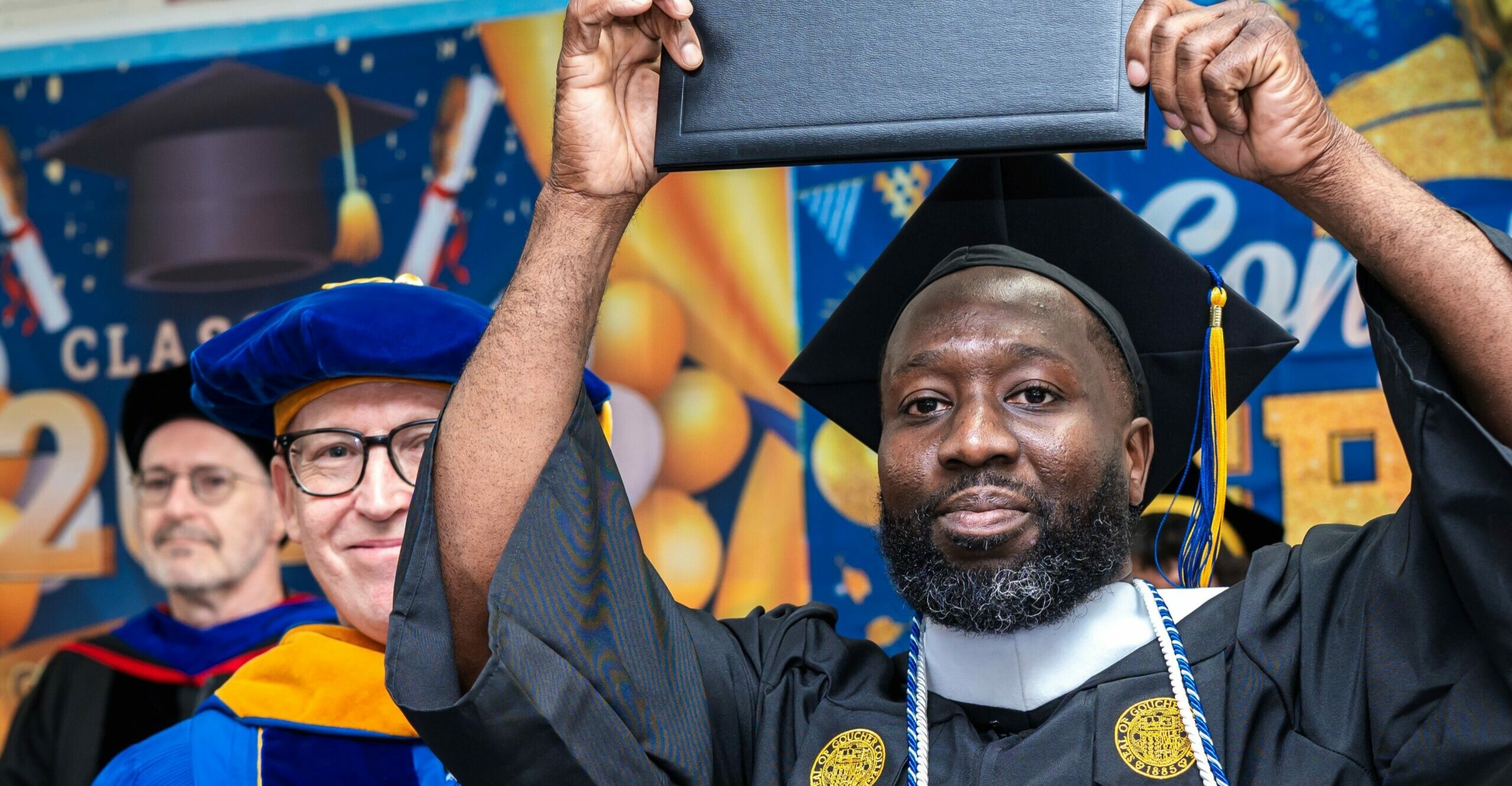Featured Reports


2024 Annual Report
A reflection on the promising new approaches and new resources that have been brought to bear in the last decade.
We believe that a community of creative problem-solvers, faced with complicated, seemingly intractable challenges, is well-served by thought-provoking, research-based information and analysis. We support the development and dissemination of research in two ways:
Abell Reports are commissioned reports by subject matter experts, academics, and investigative journalists that provide studies of selected issues on the public agenda.
These projects – undertaken with grant funding by academics and nonprofit research and advocacy organizations – advance learning on issues key to Baltimore City.
Sign up to get notified as new publications become available.


A reflection on the promising new approaches and new resources that have been brought to bear in the last decade.


Recent changes to state funding have reignited conversations among Maryland corrections leaders about expanding and strengthening electronic monitoring (EM) and pretrial services. This report summarizes key findings from the Justice Policy Institute’s research into EM as well as best practices.


Racial bias in home appraising can harm individuals by making home purchases more expensive or refinancing unattainable, but when compounded on the community level, it can have profound impacts on minority communities’ ability to build wealth. Using newly available federal data, this report finds evidence of systemic appraisal bias that undervalues homes in predominantly Black communities in Baltimore City and the surrounding counties.
A plan for bringing in unrealized income and for stimulating economic development.
In 1996, with support from the Abell Foundation, the Citizens Planning and Housing Association (CPHA) sponsored a Rodent Control Research Project to better understand the threats caused by rodent-infestation and what could be done to ameliorate them.
Helping each and every student attain an athletic scholarship, an academic scholarship, or both.
A “mobility strategy” could make a positive difference to Baltimore City and to the entire Baltimore region. But developing one has proven, historically, difficult.
A unique program in Baltimore City brings non-teachers into teaching. There’s a lesson in it…
Header photo courtesy of Venture for America.